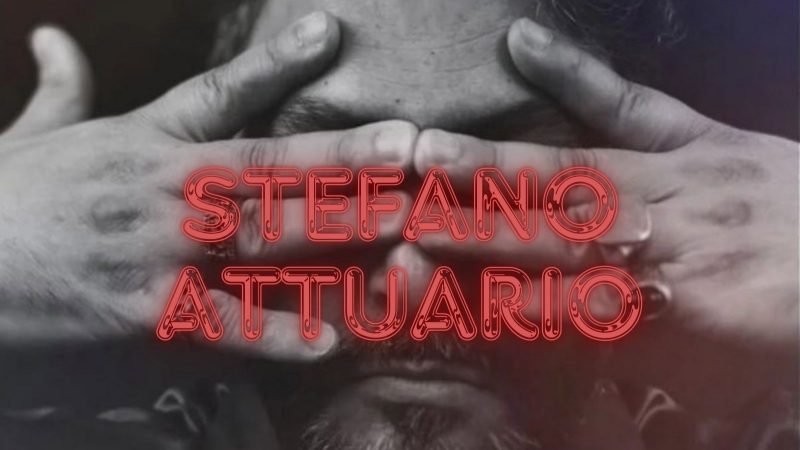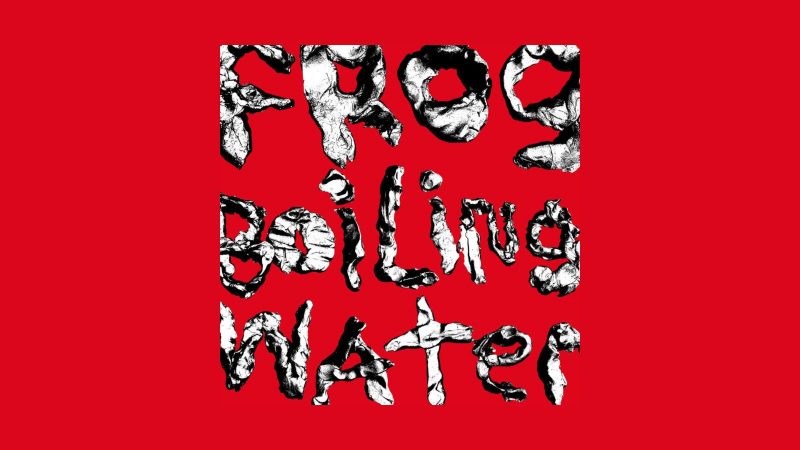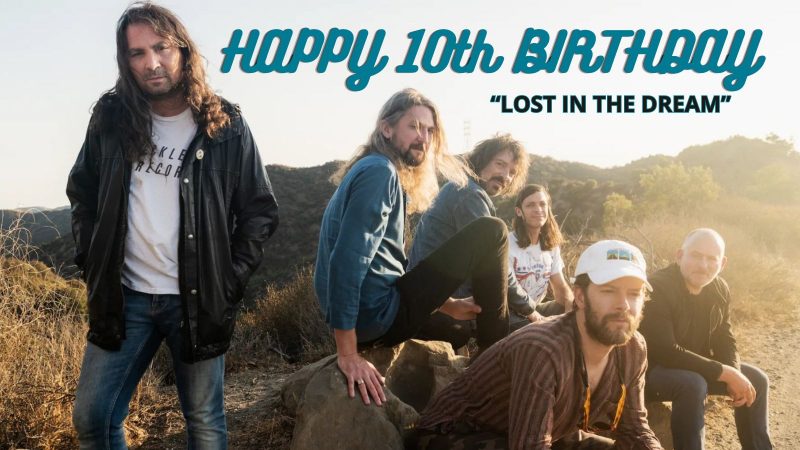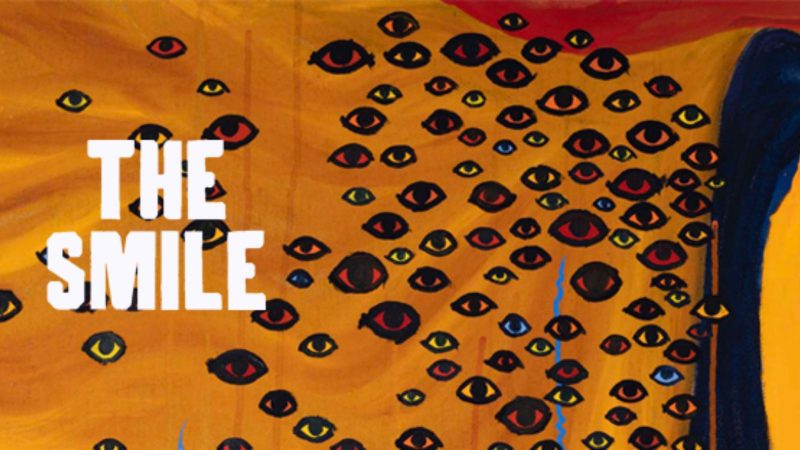TANGK: IDLES’ RETURN FULL OF LOVE!

That Idles had a desire to experiment had already been hinted at in “CRAWLER,” their 2021 album. If, in that case, it was a transition towards less impactful and more complex sounds, with “TANGK” their latest work released on February 16th via Partisan Records, the detachment from their frenetic and brutal post-punk of the early days is effectively certified.
The evolution of the band’s sound in this fifth chapter of their career sees the Bristol quintet soften and smooth out the frenzied explosiveness they had accustomed us to. The chaos, energy, and genuineness of their beginnings now give way to something more calculated.
Credit is primarily due to the hand of Nigel Goldrich, co-producer of the album and well-known for his sound work on various Radiohead albums. His modus operandi is evident throughout the work, skillfully guiding the band into a territory where they seem comfortable, flirting more with electronics and ballads.
Of course, we’re talking about “Idles-style” ballads, meaning nothing resembling sweet melody and old-fashioned romanticism. Instead, it’s a search for slower rhythms and minimal arrangements, capable of adding nuances and chiaroscuro to their formula, which over time could otherwise become saturated.
THE ALBUM
TANGK is an album of love songs. A universal concept, but one that sounds strange when associated with Idles, i.e., those who, until a few years ago, filled their lyrics with socialist values, telling us about the breakdown of civil society in the UK, post-Brexit anger, and widespread racism. Yet, their approach to the subject is so personal as to make them unpredictable, profound, and biting, giving the word “love” a symbolic value as the engine of a catharsis that also translates into political action (like “joy,” also understood some time ago as an “act of resistance”).
“Forget the Idles you knew,” then, could be the subtitle of “Idea01”, the track that opens the album and seems to be a manifesto of intent: a circular piano and electronic backdrop accompany Joe Talbot’s subdued singing, whose voice lends itself to crooning that enhances its depth. The result is beautiful, intense, and unexpected, to the point of being disorienting.
ALL IS LOVE AND LOVE IS ALL
When the bass of “Gift Horse” starts, it feels like returning to the glory of “Ultra Mono”: the sounds, although smoother, harken back to the past, and the track flows fast and pounding without losing a certain sense of lightness and irony. The protagonist is Frida, Talbot’s daughter, to whom the singer is bound by genuine veneration following the separation from his ex-partner:
Fuck the king
He ain’t the king
She’s the king
“POP POP POP” brings us back to the mood of the album: the rhythm is hypnotic, the singing is no less, and the concept of “Freudenfreude” (taking joy in others’ joy) becomes the emblem of the message that permeates the entire work. Then two gems arrive: in “Roy,” tribal pacing and unusual psych guitar lead to a chorus where Talbot kneels and apologizes to his ex. “The Beachball Ballroom” comes to mind, to the point that with every shouted “Babe!” it seems like the world is about to collapse. In “A Gospel,” perhaps the emotional peak and the most experimental of the entire lot, the suffering of the end of a love story is sung with a vocal performance for the ages, poignant and disarming, while a piano resonates in an empty room where dark echoes of synths and distortions peek through, up to the final string coda. If it’s not a spell of beauty, it’s very close.
LOVE IS THE FING
The second part of the album begins, and the need for a change of scenery is felt. First comes “Dancer,” the first single and a song that aims to become a tender hooligan anthem, one to dance and sing along to at the top of your lungs, and then “Grace,” which, due to its rhythmic structure, the sweetness of the bass, and its electronic bursts, seems like something halfway between a nursery rhyme and a prayer full of hope, to the point where it seems like it could explode into a dramatic dance a la Ian Curtis, while instead, the chorus makes it collapse on itself with the words:
No God
No King
I said love is the fing
The four tracks that close the album are divisive. To some, they may sound like unnecessary fillers; to others, classy parting shots. The truth is probably somewhere in between.
The punches to the stomach return, caused by the distortions of “Hall & Oates,” a garage-rock track dedicated by Talbot to his father, the venomous post-punk of “Jungle,” and the ghostly “Gratitude,” imagining the funeral of a person with disability , a societal outcast, attended by a small group of weeping people.
The concluding “Monolith” appears as the perfect closure of a circle opened at the beginning by “Idea01,” leaving us in a state of oscillation and an atmosphere where the notes of a marvelous saxophone shine in the final.
CONCLUSIONS
At the end of the journey, Tangk proves to be a fascinating work, probably a really good album that, however, needs to be listened to multiple times (following the tracklist exactly) to be fully appreciated. It’s an album that captures the evolution of a group that doesn’t want to be trapped in a cliché but shows itself capable of defying the expectations of early fans, presenting a new version of themselves in many respects improved (as is the case with Talbot, who proves to be much more than a punk singer, displaying technique, vocal control, and a palette of colors that enriches his tone with nuances).
If, before today, Idles could be defined as a genre band, after this effort, they are no longer. They have gone beyond themselves, possibly extending their career with an excursion into a territory that only time will tell whether it represents a day trip or a new habitat for the band.
TANGK: Rating 7.5/10








